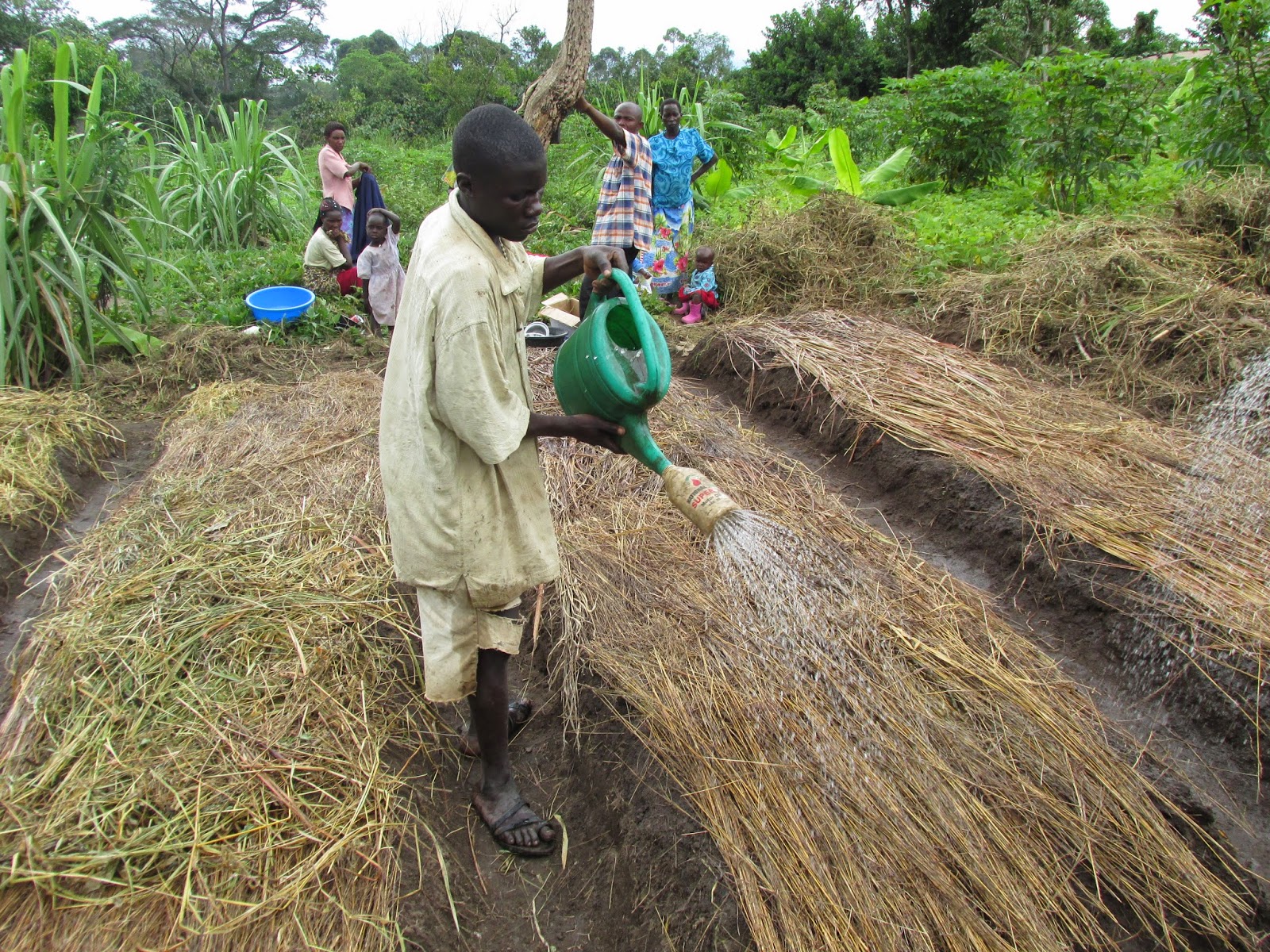These past few weeks I have had the opportunity to attend
several events in my community. A Ugandan event is a lot like
several events in my community. A Ugandan event is a lot like
an American event
but at the same time a lot different.
First let’s start
with the concept of time. When you say 10:00 am to an American they will most likely
arrive a few minutes before 10 just to make sure they are there on time; you
never want to be the last one to walk in…people will stare. When you say 10:00 am
to a Ugandan, I am pretty sure they hear is “come sometime after 10, maybe 11
if you can make it by 12 it would be great”. What I have learned: do not go
hungry or without something to keep you occupied because you will wait and
wait.
Now let’s start with the actual event and what happens. It’s
similar to the U.S. there is the opening where you have the anthems, opening
remarks and prayers but then we move into speeches. The only thing, Ugandans
absolutely love speeches. I’m pretty sure there is a rule that each speaker
must speak for twice as long as the one before. Also, at the beginning of each speech
you thank every single person that is important, even if everyone before you
has already done it; it’s really a big deal. If you are the only obujungu “white
person” then expect each of them to thank you for being there. They will call
you out, have you stand up and you will more than likely be expected to make a
speech; being shy of talking in front of large groups of people will be
something you soon get over.
Then there is the entertainment. Ugandans are great at entertainment.
Expect a DJ blaring old school songs. Maybe some Backstreet here and there
mixed with Ugandan hits and country but you cannot forget country, they love it.
Then there is the cultural dancing and singing. Pretty much everyone can dance, even the babies can shake their hips.
After all the speeches are over, which takes hours, and the
entertainment is finished there is food and lots of it. And, no event goes
without sodas, it is pretty much expected. There will be matooke (mashed and
steamed plantains), Rice, cassava, sweet potatoes, some millet (still don’t know
exactly what it is, think brown silly putty), posho (basically mashed humus), beans,
beef, chicken, goat , soups and some greens. You don’t have to worry about taking
too much because everyone else will have their plates stacked high. Also, do
not count on silverware being available, most people in Uganda eat with their hands
and you will too.
Afterwards the dancing will begin. That’s a typical Ugandan
event. They are amazing experiences and I am happy I have had the opportunity to
attend so many already.
Next up, an
introduction ceremony and wedding, I heard they are a blast!







